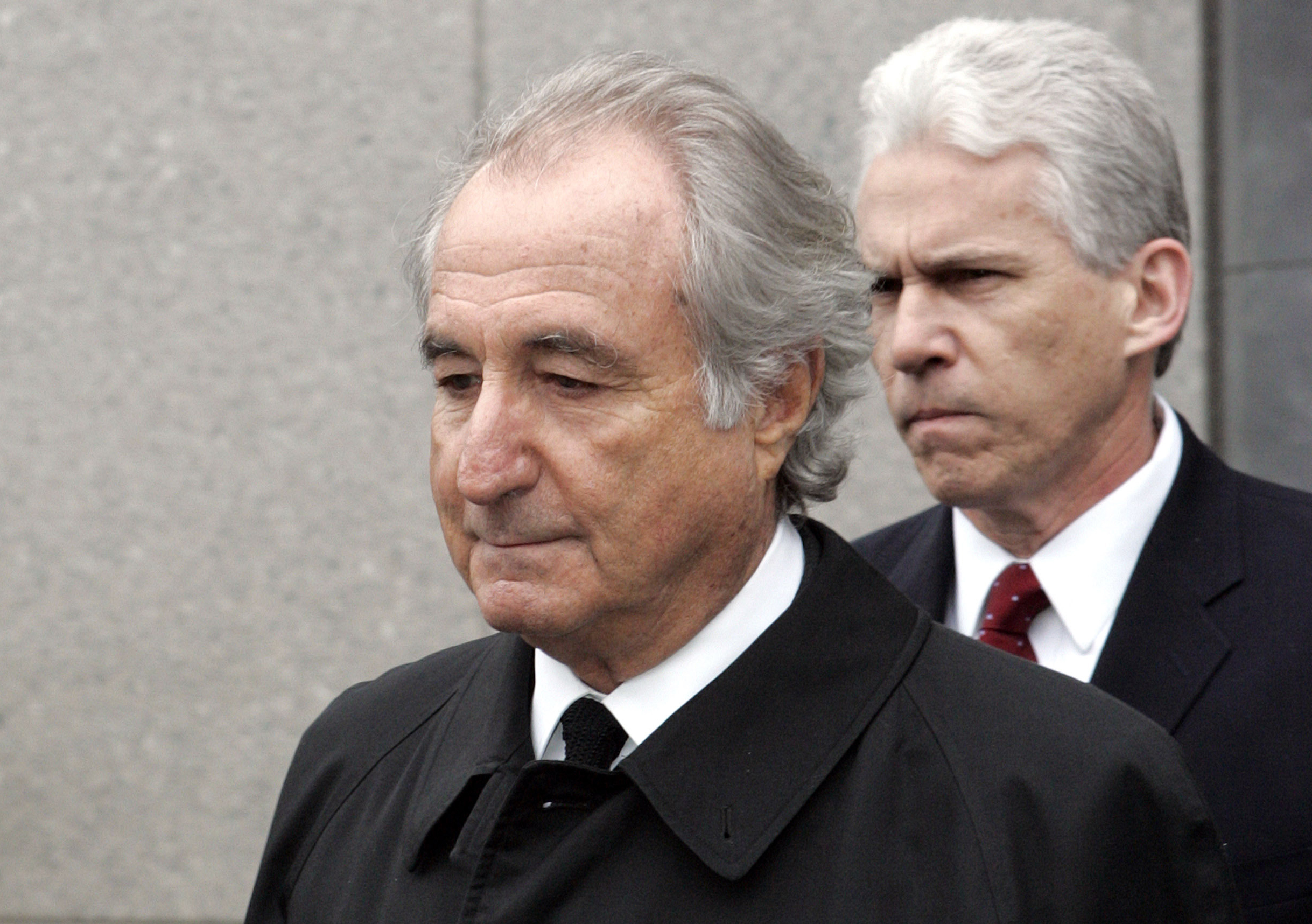RCFP urges judge to make letters from Bernie Madoff’s victims public

Update (March 4, 2020): The government filed a letter on March 3 stating that it would hand deliver to the Court the unredacted correspondence the U.S. Attorney’s office received from Madoff’s victims. The letter said the government would publicly file the correspondence, “with personal contact and financial account and claim numbers redacted (and last names redacted, if any such redactions are deemed appropriate by the Court), promptly after the Court’s resolution of any objections by victims to having their full names publicly filed.” The letter directs the Court’s attention to particular correspondence for which writers requested confidential treatment.
In response to Bernie Madoff’s request for early release from prison, attorneys for the Reporters Committee and a coalition of 27 media organizations are asking a federal judge to make public letters and communications the court recently solicited from victims of the convicted Ponzi schemer.
Madoff has served only 11 years of his 150-year sentence, but he is seeking compassionate release from prison because he is suffering from terminal kidney failure.
In a response to his motion for early release, the U.S. Attorney’s Office in Manhattan requested that victims of Madoff’s multibillion-dollar financial fraud scam submit letters with their views on Madoff’s potential release to Judge Denny Chin of the U.S. Court of Appeals for the Second Circuit, who will be ruling on the matter. On Feb. 24, 2020, the U.S. Attorney’s Office informed Judge Chin that it would publicly file the victim letters the government has received “with personal identifying information (including last names with the exception of the first letter) redacted.”
The Reporters Committee’s letter, sent to Judge Chin on Feb. 25, urges the judge to make those responses available to the public in their entirety. It notes that the First Amendment and common law protect the public’s right to access documents submitted in conjunction with post-trial proceedings such as sentencing, and that any sealing or redaction of the letters must satisfy high constitutional and common law standards.
“Even more than a decade after his conviction, Mr. Madoff’s case remains a matter of significant concern to the public,” Reporters Committee attorneys argue in their letter. “And members of the public have an ongoing interest in learning how requests for leniency and compassion, in particular, and such requests in general are handled in the justice system.”
Read the Reporters Committee’s full letter here.
The Reporters Committee regularly files friend-of-the-court briefs and its attorneys represent journalists and news organizations pro bono in court cases that involve First Amendment freedoms, the newsgathering rights of journalists and access to public information. Stay up-to-date on our work by signing up for our monthly newsletter and following us on Twitter or Instagram.
AP photo/David Karp